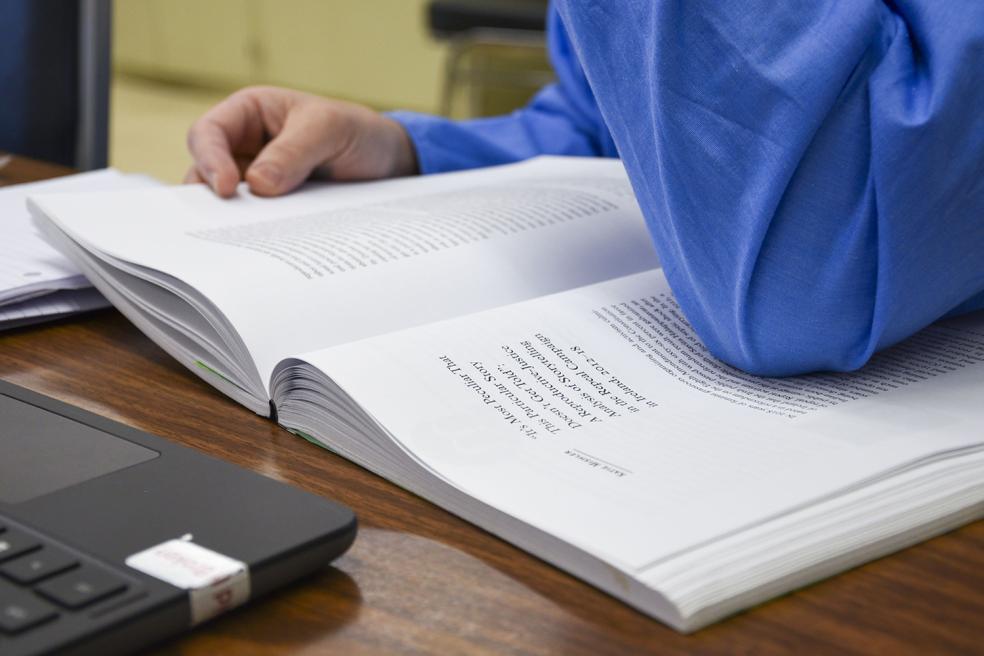
The program recently secured $899,999 in funding from the U.S. Department of Justice (DOJ), marking just one of many impactful grants awarded to Cal Poly Humboldt during the 2023-24 fiscal year. Altogether, the University’s Sponsored Programs Foundation (SPF) secured $52.3 million to support a diverse range of student, staff, and faculty research and creative projects. These projects span critical areas, including renewable energy, social equity, and groundbreaking work in stem cell research.
According to Kacie Flynn, executive director of the SPF, which administers external funding and submits proposals on the University’s behalf, this past year’s funding underscores Humboldt’s commitment to programs that directly impact community resilience and social progress.
The DOJ grant for the University’s prison education program will bolster efforts to prepare incarcerated and recently released students for careers, easing their re-entry into society. Delivered in partnership with Project Rebound, the program will offer post-degree employment preparation and support services, promoting racial justice and reducing recidivism. This work contributes to building a stronger California economy and supports the ongoing development of community resilience.
Among the numerous grants awarded this year, Biology Professor Amy Sprowles and Dean of the College of Natural Resources & Sciences Eric Riggs received $4.39 million from the California Institute for Regenerative Medicine to enhance and expand the University’s Shared Resource Laboratory for Human Stem Cell-Based Modeling. Located in one of California’s most rural, medically underserved areas, the lab will provide cutting-edge access to stem cell-based research. In collaboration with UC Davis and Stanford University, the program aims to diversify the biomedical workforce, close health equity gaps, and advance reproducibility in regenerative medicine studies.
Additionally, the U.S. Department of Energy awarded $23 million to Cal Poly Humboldt’s Schatz Energy Research Center to support the Tribal Energy Resilience and Sovereignty (TERAS) project. In partnership with the Hoopa Valley, Karuk, Yurok, and Blue Lake Rancheria Tribes, this initiative addresses the frequent and prolonged power outages these communities face. The TERAS project will develop nested microgrid solutions and advanced control systems to improve energy resilience, create local jobs, and promote climate adaptation within rural tribal lands.
Quick Facts for the 2023-24 Fiscal Year:
- Proposals: 337 new proposals submitted, requesting $151.2 million (record-breaking year for SPF).
- Awards: Received 237 new awards, totaling $52.3 million.
- Grant Portfolio: Managing 695 active projects, with a total award value of $189 million.
- Scholarships: Awarded $4 million in grant scholarships and stipends.
- Travel: Funded $1.9 million for faculty and student travel.
- Academic Grants: Secured over $5.1 million in academic grants, including $1.7 million for Social Work CALSWEC and $1.9 million in TRiO grants.
- Local Employment Impact: SPF employs 1,114 individuals annually, including 222 full-time staff, 419 part-time staff and faculty, and 473 students. These roles provide students with hands-on research experience and stable income, while faculty and staff benefit from opportunities to advance specialized research alongside supplementary income.